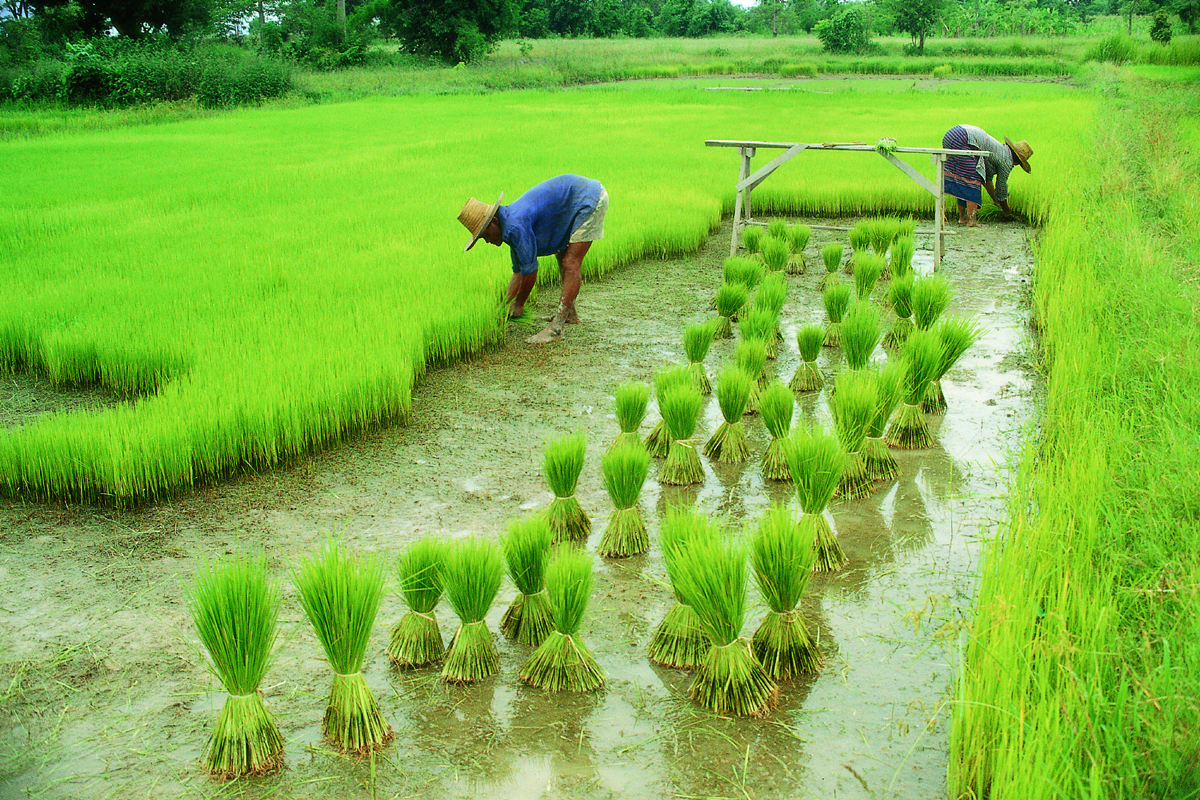The Dalit movement primarily is a social movement. As a social movement, it recognizes caste-based discrimination as a social ill exasperated by the hierarchical and discriminatory norms of the Hindu religion that have been institutionalized as a culture. Reformation on the existing socio-cultural status by means of awareness, education and empowerment of Dalit is therefore believed to be the remedy to this social ill.
Six decades ago, when Sarbajeet Bishwakarma had started the movement preaching on the Hindu scriptures to ‘the untouchables’ claiming that the Hinduism in essence did not discriminate people as either touchable or untouchable, he primarily aimed at social reformation. Similar was the aim of pioneering Dalit leaders including Jadubir Bishwakarma and Saharsha Nath Kapali.
More than a dozen of Dalit organizations emerged up at the wake of the democracy in 1950; almost all of them envisioned social reformation as a prime strategy to end the caste-based discrimination and its offshoots. Samaj Sudhar Sangh (Association for Social Reformation-1952), for example organized the Pashupati Temple Entry program, so did the Nepal Rashtriya Pariganit Parishad in 1957. Likewise, Nimna Samaj Sudhar Sangh (Social Reform Association for the Lower Castes-1951), Jaat Tod Mandal (Caste Dissolution Alliance -1951), Pariganit Nari Sangh (Association for Scheduled Caste Women -1955, Rastriya Achhut Mukti Parishad (National Council for the Liberation from Untouchability -1958), Nepal Rashtriya Dalit Jana Bikaash Parishad (National council for Dalit People’s Development in Nepal -1967) including dozens of other Dalit organizations seem to have adopted social reformation as an instrumental tool for Dalits to come out of their suffering.Although, Dalit organizations began sprouting following the instatement of democracy in 1950, most of them remained either inactive or disappeared after a year or so. Nepal Rashtriya Dalit Jana Bikash Parishad (1967)–which actually was a modified name of Samaj Suadhar Sangh (1952) and Jaat Tod Mandal (1951) –seems to be one of the few Dalit organizations that continued working for the cause of Dalit people organizing them across country. This organization has also been credited for raising the issue of reservation for Dalits for the first time at its first national convention in 1972.

To strengthen Dalit movement through knowledge production in collaboration










